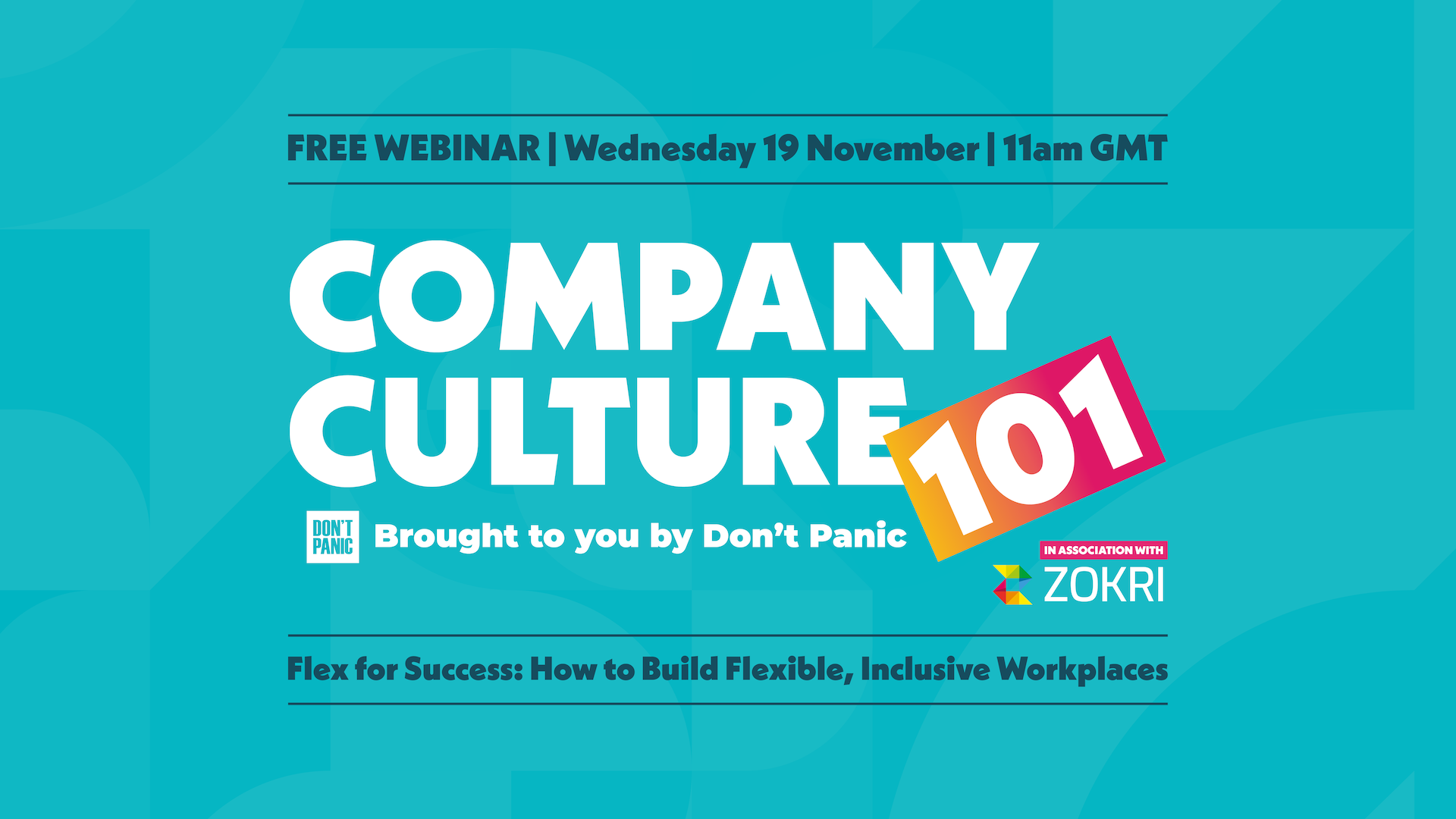Author Collette Easton shares her research into management styles and why some of the most successful managers could be the most damaging.
When we talk about toxic workplace culture, we often point to the obvious villains: the bullies, the harassers, the openly abusive leaders who make headlines. But what about the managers who seem perfectly reasonable on the surface? The ones who get promoted regularly, who speak fluent corporate, who attend every training session with a smile?
What if I told you that these “good” managers might be the biggest threat to your culture?
The Epidemic Hiding in Plain Sight
Whilst researching workplace dysfunction for the “The Man-ager Endemic,” I discovered something alarming. The most damaging leaders aren’t the villains we expect. Organisations are still very often made up of well-intentioned leaders who systematically undermine their teams through a collection of seemingly minor behaviours, which compound into cultural toxicity.
Meet what I call the “Man-AGER” (and before you think this is about gender – it absolutely isn’t. This behaviour pattern transcends all demographics). This is the man-AGER who:
- Takes up 73% of the physical and mental space in every meeting
- Interrupts colleagues mid-sentence to “build on” their ideas (then presents them as their own)
- Explains people’s jobs back to them
- Creates elaborate processes for everything, then complains when things move slowly
- Sends emails at 11 PM and wonders why their team seems “disengaged”
Sound familiar? Of course it does. Because we’ve all worked for this person. We might even BE this person.
The Culture Killer’s Playbook
The subtle thing about Man-AGER behaviour is that it looks like leadership. These managers are often high performers in traditional metrics. They’re articulate, they’re decisive, they’re visible. But they’re slowly poisoning the very cultures we all work so hard to build.
Here’s what they’re accidentally doing:
Murder psychological safety by making it clear that their ideas are the most important. Teams stop contributing when they know their manager will either interrupt them or “improve” their suggestions beyond recognition.
Destroy trust by taking credit for others’ work while deflecting blame for failures. Nothing erodes team cohesion faster than a leader who hoards success and distributes failure.
Suffocate innovation by creating environments where the safest thing to do is wait for direction. Why take risks when your manager will either micromanage the execution or swoop in to “save” the project?
Breed resentment by creating two-tier systems where the manager’s convenience is always above the team’s wellbeing. Late-night emails, last-minute “urgent” requests, and continually shifting priorities aren’t signs of a dynamic workplace – they’re signs of poor leadership.
The Recovery Process
The good news is that Man-AGER behaviour is learned, which means it can be unlearned. But it requires more than a training session or a 360 review. It requires what I call the PEACE Treaty approach – a systematic method for recognising and eliminating toxic management patterns.
The companies getting recovery right:
- Acknowledge that their managers might also be part of the culture problem, and are supported to help them through these challenges
- Measure culture by more than engagement surveys (of course those are useful too)
- Intervene when managers exhibit behaviours, and invest and support in their evolution
- Support leaders through the uncomfortable process of changing possible ingrained habits
- Sustain these changes through accountability systems and ongoing development
What about Awards?
The UK Company Culture Awards celebrate organisations where “individuality is celebrated, growth is nurtured, and every voice matters.” Recognising standout onboarding experiences, workplace wellbeing initiatives, and cultural transformation projects. Looking at last year’s nominees and winners, I see organisations like Skyrise celebrated for cultural transformation initiatives, and companies like Distinctly recognised for nurturing authentically supportive workplace cultures. These are exactly the kinds of achievements we should celebrate far and wide. These are the organisations that are REALLY examining, dissecting and working hard to remove poor leadership behaviours.
Awards are an amazing way to celebrate great managerial practices. And I have no doubt that we can all learn from nominated organisations who are doing their bit to eradicate dinosaur behaviours.
And that is the most important component of my message. MAN-agers are people, generally good people, that have learnt poor leadership behaviour. And like any road to recovery, they need support and a safe space.
A Challenge for Culture Champions
As judges, nominees, and champions of workplace culture, I challenge us all to look beyond the obvious metrics. Absolutely celebrate the companies with great employee resource groups and flexible working policies. But can we take a moment to recognise those companies doing the harder work of manager rehabilitation.
Please ask yourselves: In your organisation, who gets promoted and why? What behaviours are you rewarding versus what behaviours you’re claiming to value? And most importantly: are your best managers REALLY your best leaders?
The companies that deserve our recognition aren’t just those that avoid toxic cultures – they’re the ones actively hunting down and eliminating subtle behaviours that prevent great cultures from thriving.
Until we address the endemic of well-intentioned but ultimately destructive management behaviours, our beautiful culture initiatives could continue to be undermined by the very people meant to champion them.
The revolution in workplace culture won’t be won by adding more benefits or writing better values statements. It will be won by having the courage to confront our managers about their behaviour and the impact they are really having on each of us. To me, that’s a conversation worth awarding.
About the Author

Collette Easton is the author of “The Man-ager Endemic: How to Cure the Leadership Disease That’s Killing Your Team” and a leadership coach specialising in management behaviour transformation. She works with organisations to identify and eliminate the subtle toxic patterns that undermine workplace culture.





